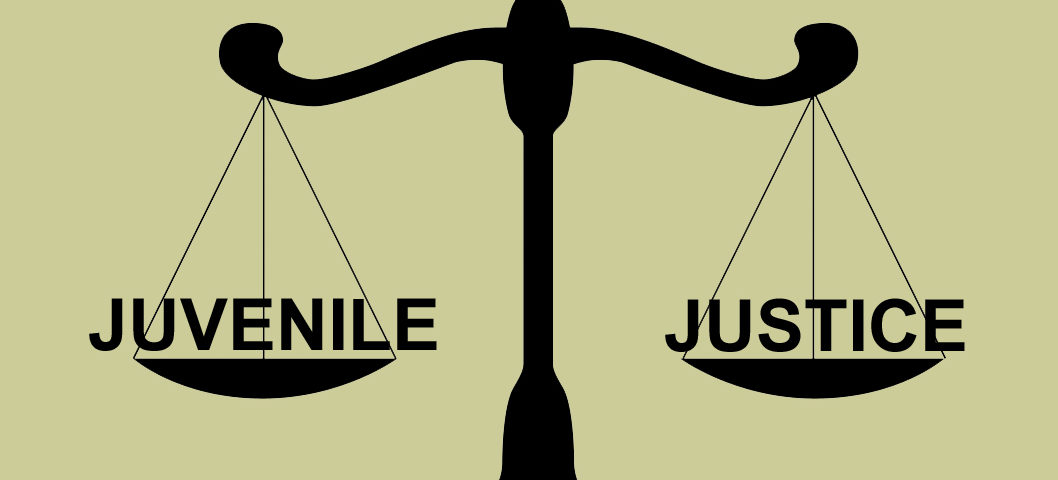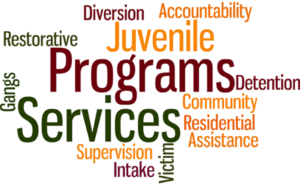Juvenile Justice in NJ

Approaches to Juvenile Justice Reform
Since 2003, New Jersey drastically reduced the number of incarcerated juveniles. The state participates in the Juvenile Detention Alternatives Initiative (JDAI), which is overseen by the Juvenile Justice Commission. County-based committees meet regularly and work to reduce the number of youth unnecessarily or inappropriately held in secure detention. They do this while maintaining public safety and ensuring youth appear for scheduled court dates. JDAI sites have achieved remarkable results in terms of reducing reliance on detention for youth charged with violations and low-level offenses.

What Happens to Juveniles in the Justice System?
Arrest/Police Diversion
A juvenile enters the juvenile justice system when a complaint charging the commission of a delinquent act is signed. A law enforcement officer may take a juvenile into custody when there is probable cause to believe that the juvenile is delinquent.
Instead of signing a complaint, the officer may divert the case through several means. These include releasing the juvenile to a responsible parent or guardian or conduct a station house adjustment. A station house adjustment is often used in cases involving first-time juvenile offenders who have committed minor juvenile delinquency offenses, such as shoplifting, disorderly conduct, criminal mischief, or trespassing. It typically involves a meeting with the juvenile, his or her parent or guardian, and the victim (if applicable), where everyone sits down to discuss the offense and then the juvenile has to make some form of penance for their behavior.
If a delinquency complaint is signed, a secure detention facility may hold the juvenile if certain statutory criteria are met. Then the officer refers the case to court intake service to request admission into detention.
Juvenile/Family Crisis Intervention Units
The state of NJ authorized Juvenile/Family Crisis Intervention Units (JFCIUs) to divert family related issues from criminal court proceedings. The JFCIUs provide short-term, crisis intervention services with the goal of stabilizing the family situation and/or referring the juvenile and family to available community agencies.
Court Diversion
Juvenile Conference Committees (JCCs) and Intake Service Conferences (ISCs) are diversion procedures established by the court and used in select first and second offenses of a minor nature. JCCs are comprised of community residents appointed by the court to review certain delinquency complaints. ISCs are conducted by court intake staff to review slightly more serious allegations. Both diversion procedures occur after delinquency complaints have been signed and filed with the court.

Secure Detention
Secure juvenile detention is the temporary placement of juveniles charged with a delinquent act, in a locked facility, prior to the disposition of their case. New Jersey law mandates that the court can detain juveniles only if they are considered a danger to the community or if they are deemed a risk not to appear in court. In addition, some juveniles are detained post-disposition while awaiting program placement. Several counties have also developed a short-term commitment program, which serves as a dispositions option.
If you are looking for an attorney for a juvenile matter, then the attorneys at the Law Office of Sara McArdle are here for you. Call 973-366-5244 to schedule a consultation today.
